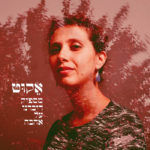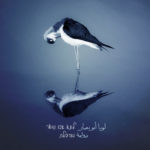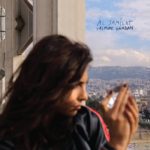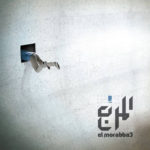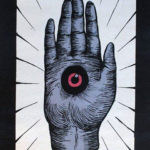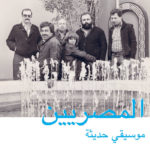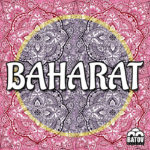(via El Morabba3)
An oldie but a goodie, El Morabba3 has been making some of the most consistently interesting alternative music in Jordan for a couple of years. “Asheek,” a personal highlight, wouldn’t sound too off on the new National album.
From Bandcamp:
“The more an artist attempts a truthful reflection of the human condition the more conflicts and paradoxes will appear in their work, that’s why the music of El-Morabba is euphoric and deliciously dark; it fills you with an acute sense of elation while the lyrics crash down on you with their intense reality and truth.
It is rebellious music that lends a voice to the thoughts, concerns and anger of the people towards the reality they are living today, yet most of all it lends a voice to a dream that is dormant within us all, nudges it sometimes, or shocks the hell out of it onto the surface in other instances of pure intensity. All of this is translated through music that is uniquely structured; the rhythm, while always holding a firm base of ergonomic structure with the simple yet efficient heartbeat of the bass, it manages to float within it’s own spheres alongside the heavily transformed guitar expressions like two astronauts floating individually away, or towards their shuttle, winking at each other in the realization that they will always reach their destination simultaneously because they’d timed it that way, and they’d done it a billion times before.
And during this dance of rhythm and atmosphere between the drums, percussion and guitar, the vocals of either Muhammad Abdullah or Tareq Abu Kwaik floats massively on the surface giving purpose and clarity to a dreamlike state without awakening the listeners, they come with the intensity of words half sung or half spoken, sweet and sour melodies doubled by indistinguishable screams of ecstasy and anguish.
The combination defies definition, yet is awash with purpose, it is also uniquely vulnerable and holistic, very human.”
El Morabba3:
Website
Facebook
Twitter
SoundCloud
